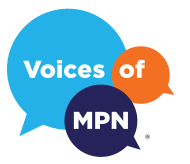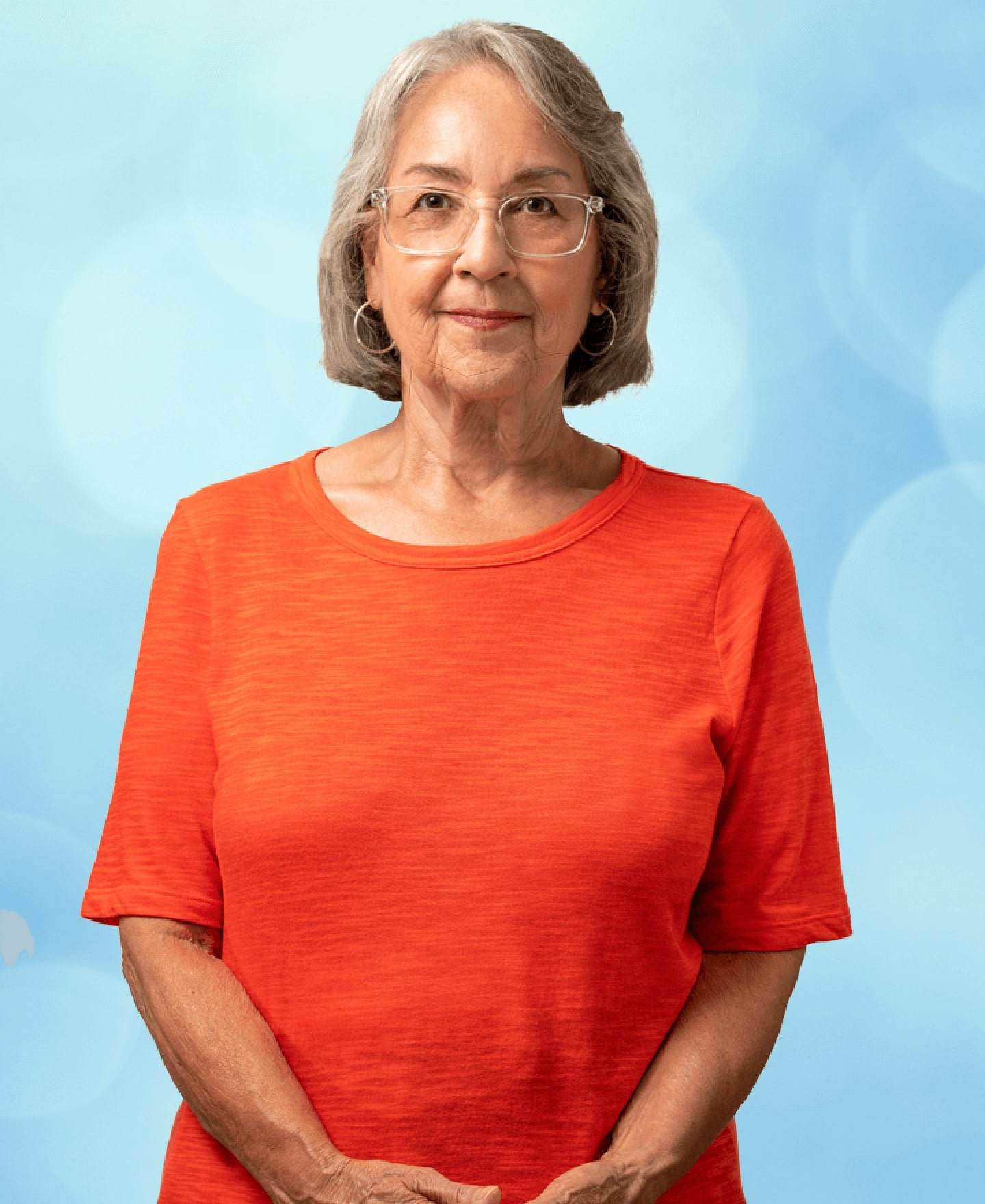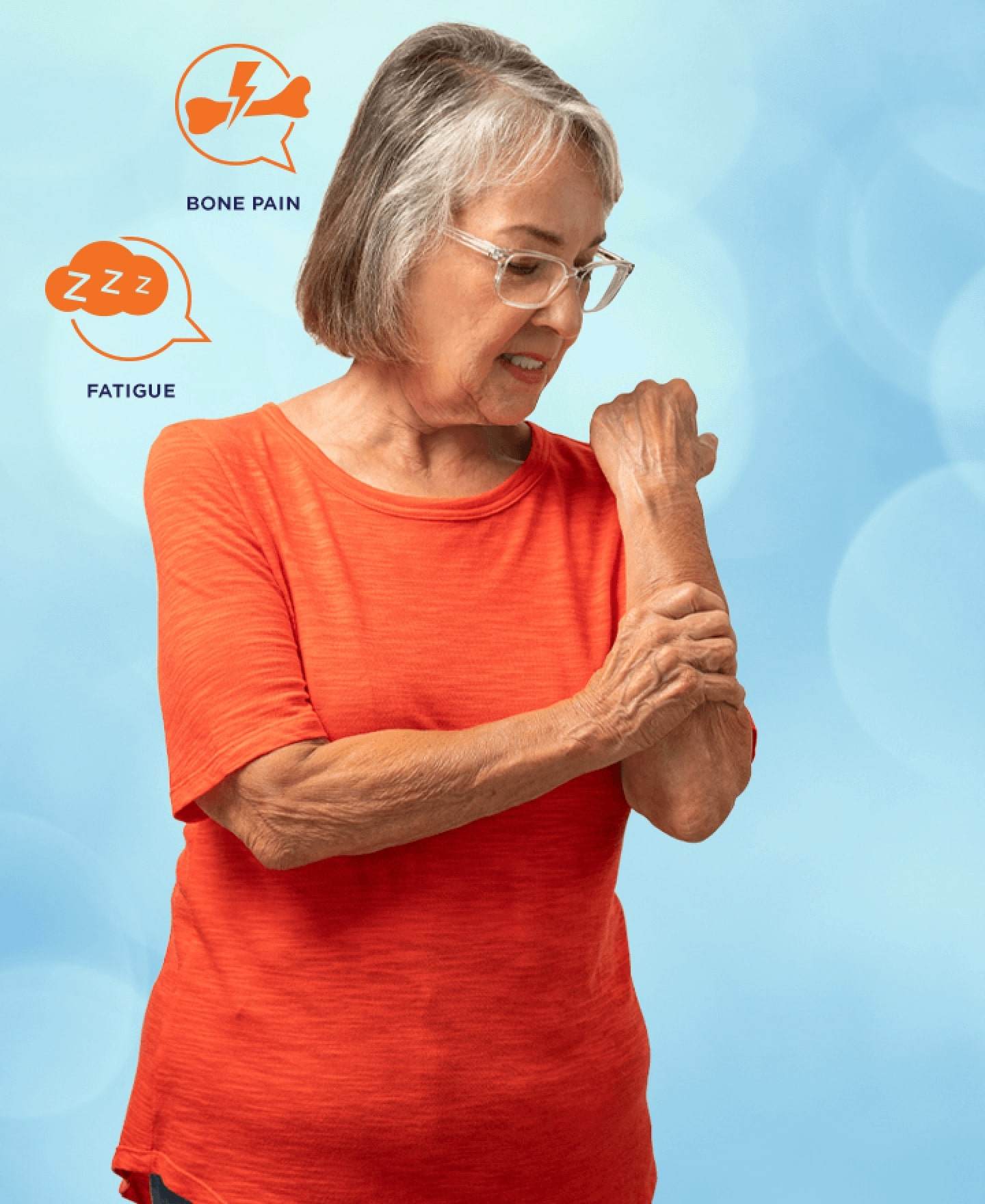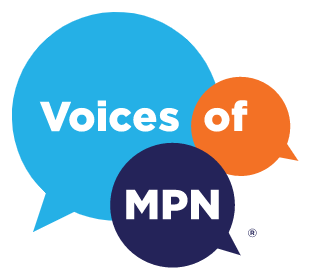Susan: Living a Life Well-Lived: My Essential Thrombocythemia Journey

Author: Susan W, Community Voice Champion
When it comes to birthdays, I’m not one to pass up a good surprise. But in November of 2007, I got the surprise of my life. I had recently completed my annual physical; something I try to do every year. My doctor called me at home. I thought maybe he was calling to wish me a happy birthday, but instead, he wanted to discuss the results of my physical, specifically my blood work. I remember telling him, “I’m as healthy as a horse.” He responded by telling me that my bone marrow didn’t like me anymore.
Happy birthday to me, right?
My doctor ordered a second round of bloodwork and referred me to a hematologist/oncologist. I was officially diagnosed with essential thrombocythemia, or ET, a month later.
Prior to my physical, I wasn’t even aware that I had any health issues. Looking back, however, the signs were there. Although I didn’t know it at the time, I had been experiencing symptoms related to ET for years.
I remember that the doctor, who I’ve been seeing now for 12 years, said something interesting. He said, “Susan, you’re never gonna look sick. That’s a good thing. But it’s also a bad thing…because people will forget that you have a chronic condition.”
He was right. They do forget. And most people don’t even recognize what I’m going through, because on the outside, nothing looks different. I don’t look like anything is wrong with me. On occasion, at the end of a long day, I might appear a bit fatigued. But I live alone, so no one really sees that.
Many of the symptoms that I’ve experienced with ET also sounded pretty common: fatigue, dizziness, shortness of breath. I’ve found that if, and when, I do complain about my symptoms, most people say, “Hey, I get that, too.” That can be frustrating, because it’s not the same. Normal fatigue is so much different from the overwhelming, debilitating fatigue of an MPN patient. That’s why I don’t talk much about my MPN.
After my initial diagnosis, new symptoms did eventually start cropping up over time—but again, they were noticeable only to me. I started to experience increasing long bone pain and numbness on my scalp, ears, and face. And the most surprising symptom was this burning, tingling feeling. It was as if someone had lit those little 4th of July sparklers all over my body. It was quite unnerving.
For the most part, I try not to let my ET get to me. I have two choices: I can let it stop me and lie on the couch, or I can keep moving. Usually, it’s the latter. And if I do ever let it slow me down…it’s only for one day at a time. Never two.
Having a support system is also vital for an MPN patient. This can be an isolating condition, so having a community of support is important. There is a lot of help out there for the more common forms of cancer, but not ET. And when you live alone like I do, that feeling of isolation can be even worse. One thing I’ve learned is that people who don’t have an MPN—even those with other kinds of cancer—don’t truly understand what it’s like to live with an MPN. That’s why it’s so wonderful to talk with people who have the same symptoms, the same challenges, and the same goals. I belong to a Facebook group for MPN patients. It’s a great place to share our symptoms or ask questions to other people going through the same experiences.
As for connecting with other people who have my condition—well, that hasn’t been so easy. There aren’t too many people in my town who even know what an MPN is, let alone have one. But I’ve attended the Voices of MPN Patient Education meetings, where I was lucky enough to meet another woman with ET. We now meet for lunch several times a year and we call each other and email often. It’s great to have someone to talk to; someone who knows exactly what I’m going through. Most of all, it helps to know that I’m no longer alone in this.
When I was first diagnosed, my doctor told me that managing my ET was going to be a lifelong commitment. But I’m not going to let it take over my life. I’m focused on being happy and staying positive. I’m still going to mow the yard. I’m still going to tend to my garden. And I’m still going to travel to Europe at least once, every year. I’m not going to stop living my life just because I have an MPN. I am going to celebrate life—including many more birthdays—and enjoy a life well-lived.
Expand your MPN support system
As Susan points out, it’s vital to talk with people who know how your MPN makes you feel—because they are living with an MPN, too. Connect with others affected by MPNs.
Register for a local education event or webinar
Attend an MPN Research Foundation support group meeting
This is Susan's personal journey with ET. Each MPN patient is different and their experience will be unique to them.
Related Articles
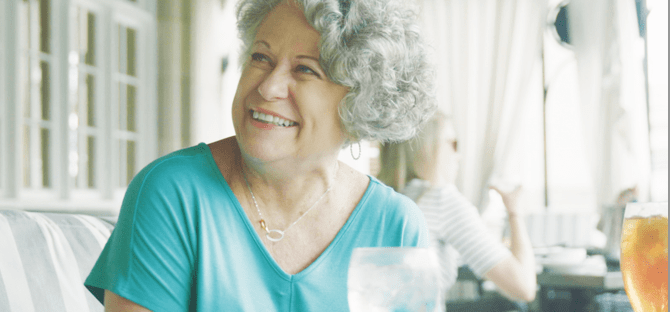

Denise: Investing in a Positive MPN Perspective: My MPN Journey
Author: Denise T, Community Voice Champion
READ ARTICLE